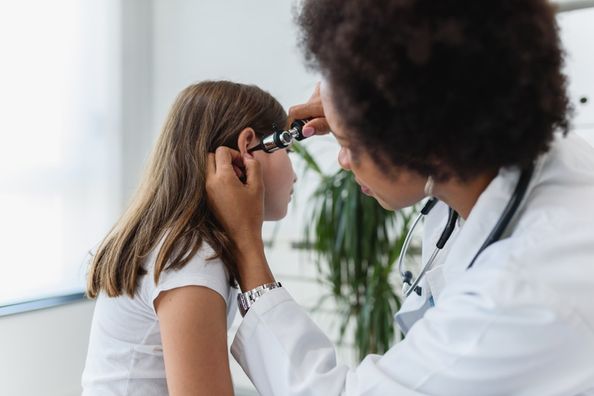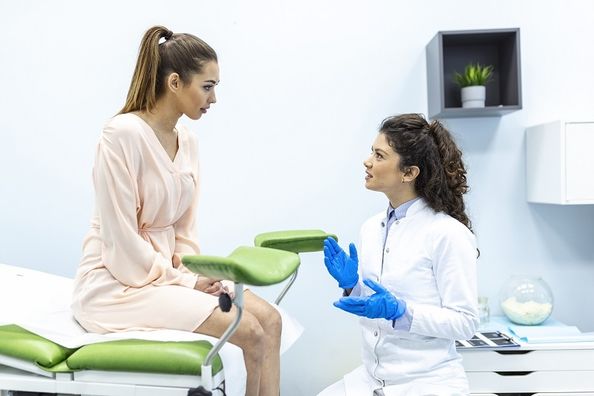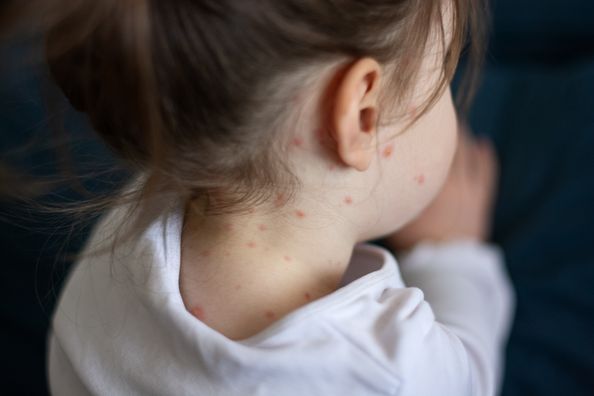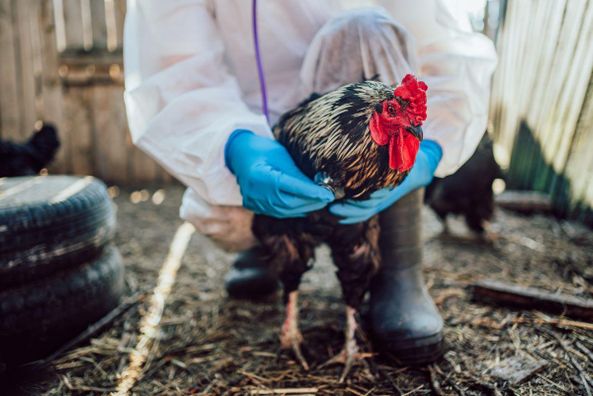Otitis Media, also known as an ear infection, is one of the most common conditions for which children require medical treatment. This condition also affects adults, but to a much lesser degree.
An ear infection is common in young children, occurring in approximately 80% of all children. Ear infections are generally a bacterial infection, which often requires antibiotic treatment. Most infections are successfully treated with antibiotics. The infection commonly occurs after a child experiences a cold or flu. Unfortunately, when ear infections occurs too often or when antibiotics fail, hearing loss can occur, as well as speech and language delays. These problems often can impair a child’s learning ability and cause developmental delays.
Fortunately, most ear infections can be successfully diagnosed and treated effectively while reducing the chances for complications and long-term hearing damage.
Although serious complications such as mastoiditis (infection of the bone that houses the ear structures) and meningitis occur rarely, it is important that otitis media be treated thoroughly to prevent other complications.
Treatment Options
Medical treatments of ear infections include different kinds of antibiotics for varying lengths of time. When infections become problematic or recur too often, children may be referred to a specialist known as an otolaryngologist. Evaluation of your child should include an accurate hearing test, called an audiogram, performed by a certified audiologist. Hearing can be tested in children of any age, using a number of advanced techniques and equipment.
PE Tubes
When ear infections occur too frequently or are never completely resolved, we may recommend the placement of ventilating tubes in children. Ventilating tubes, often known as PE tubes (pressure-equalization), are placed in children under a brief general anesthetic. The tubes usually fall out by themselves within a year or two and require routine check-ups to ensure proper function.
After Surgery
Pain if any, is usually controlled with Tylenol™.
Topical antibiotic ear drops, if needed, will be prescribed during the first week after surgery. Bathing generally does not require earplugs. Your surgeon will instruct you specifically if you should take any precautions.
A postoperative visit should be scheduled within 10 – 14 days with your surgeon.
Long-term Care of Tubes
Swimming in freshwater (lakes, ponds or oceans) should be avoided because of higher concentrations of bacteria. Earplugs should be used and can be custom-fit by our audiologists.
Regular 6‑month physician examinations are necessary to ensure that no problems or complications occur with tubes.
Is surgery safe?
Surgery itself is very safe and has been used for over forty years. Anesthesia is also very safe. Problems with anesthesia are extremely rare in healthy children. The risk from anesthesia and surgery is reported to be less than 1:100,000 patients — more rare than being struck by lightning or winning the lottery.
Is there any pain after tubes?
Virtually no pain is experienced after the procedure. Children can be fussy after surgery, but often do not need any pain medicine.
Meet our Ear, Nose and Throat doctors and schedule an appointment online today >
Health Topics:







